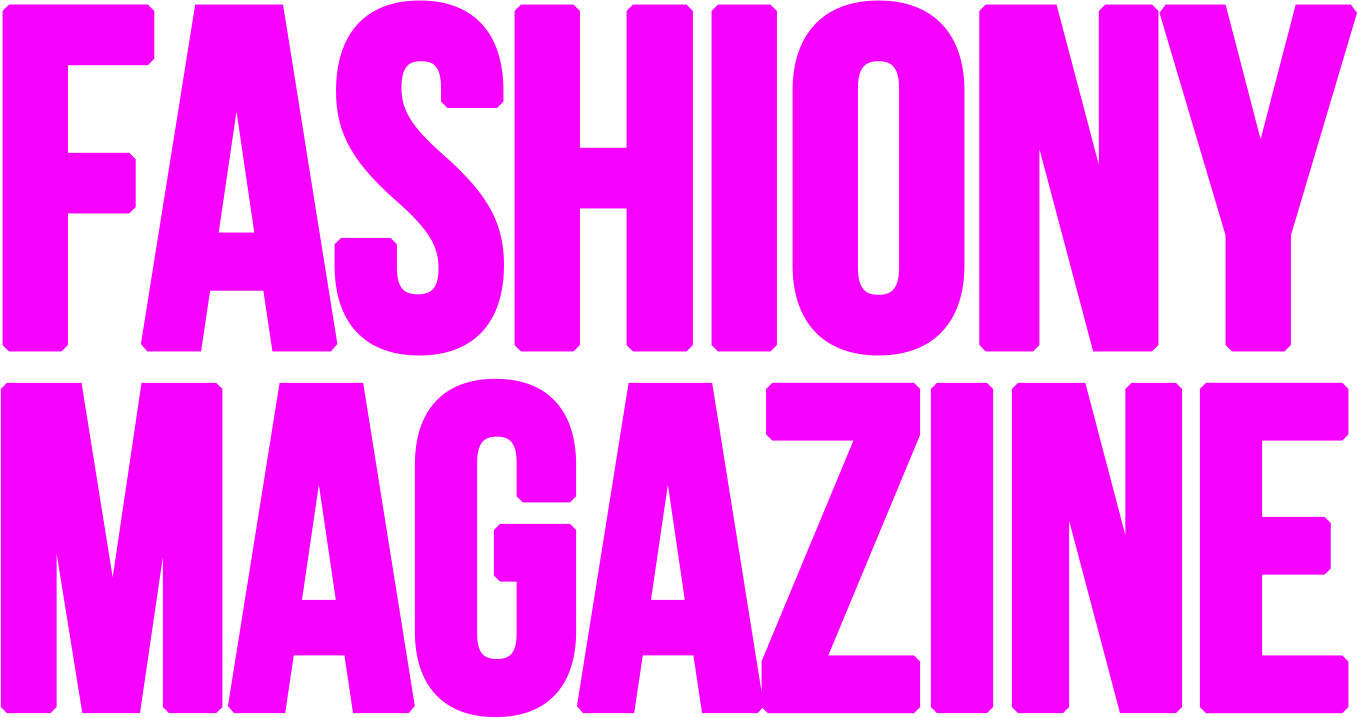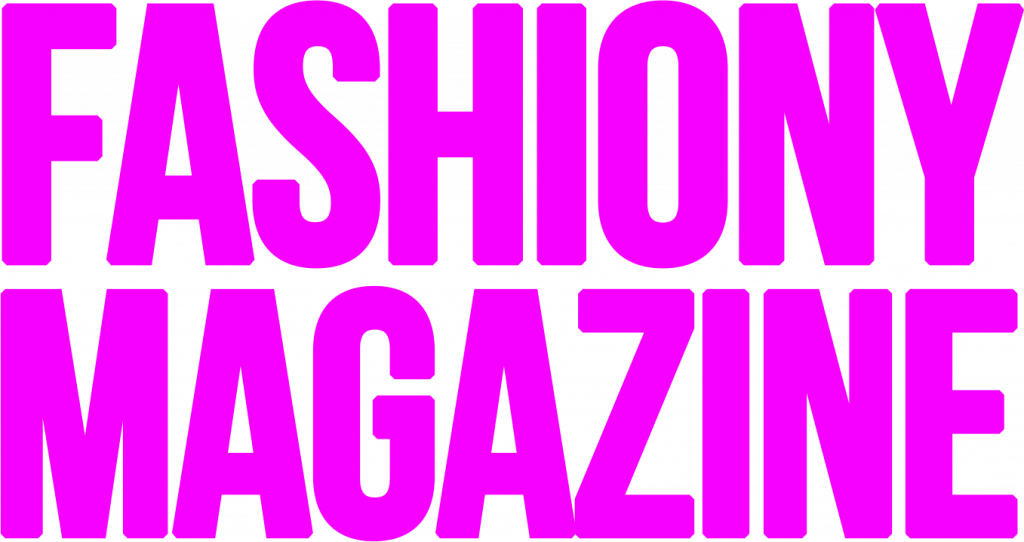Several prominent fashion brands have been accused of greenwashing while continuing their manufacturing operations in Bangladesh. These accusations stem from the brands‘ efforts to portray themselves as environmentally sustainable or ethical, despite their business practices suggesting otherwise.
-
Zara
Known as a major player in the fast fashion industry, Zara has made efforts to boost its sustainability image, such as planning to use only sustainable and recyclable cotton and polyester materials and moving towards a circular economy model. However, critics argue that these efforts are insufficient compared to Zara’s fast fashion business model and high carbon footprint, especially with concerns about transparency and the lack of detailed reporting on their sustainability goals and audits. -
Uniqlo
Another well-known fast fashion company, Uniqlo has been implementing more sustainable approaches, like using recycled materials for new clothing and developing energy-efficient infrastructure. Despite these efforts, the brand has faced criticism for a lack of transparency, particularly regarding the certification of their textiles and the progress in achieving their environmental targets. -
H&M
H&M has been at the center of a greenwashing scandal, particularly regarding the use of their sustainability certification system, the Higg Index. Despite being rated C (mediocre) on the Impakter Index, the brand has faced scrutiny for its sustainability practices and the transparency of its reporting. -
Nike
Nike, a major sports apparel and equipment manufacturer, has been scrutinized for its „Move to Zero“ campaign. Although the company has made progress in sustainability, some of its targets, like reducing waste and water consumption in the supply chain, were described as unrealistic. Critics have pointed out that these efforts might be more of a marketing strategy rather than a full commitment to environmental sustainability.










